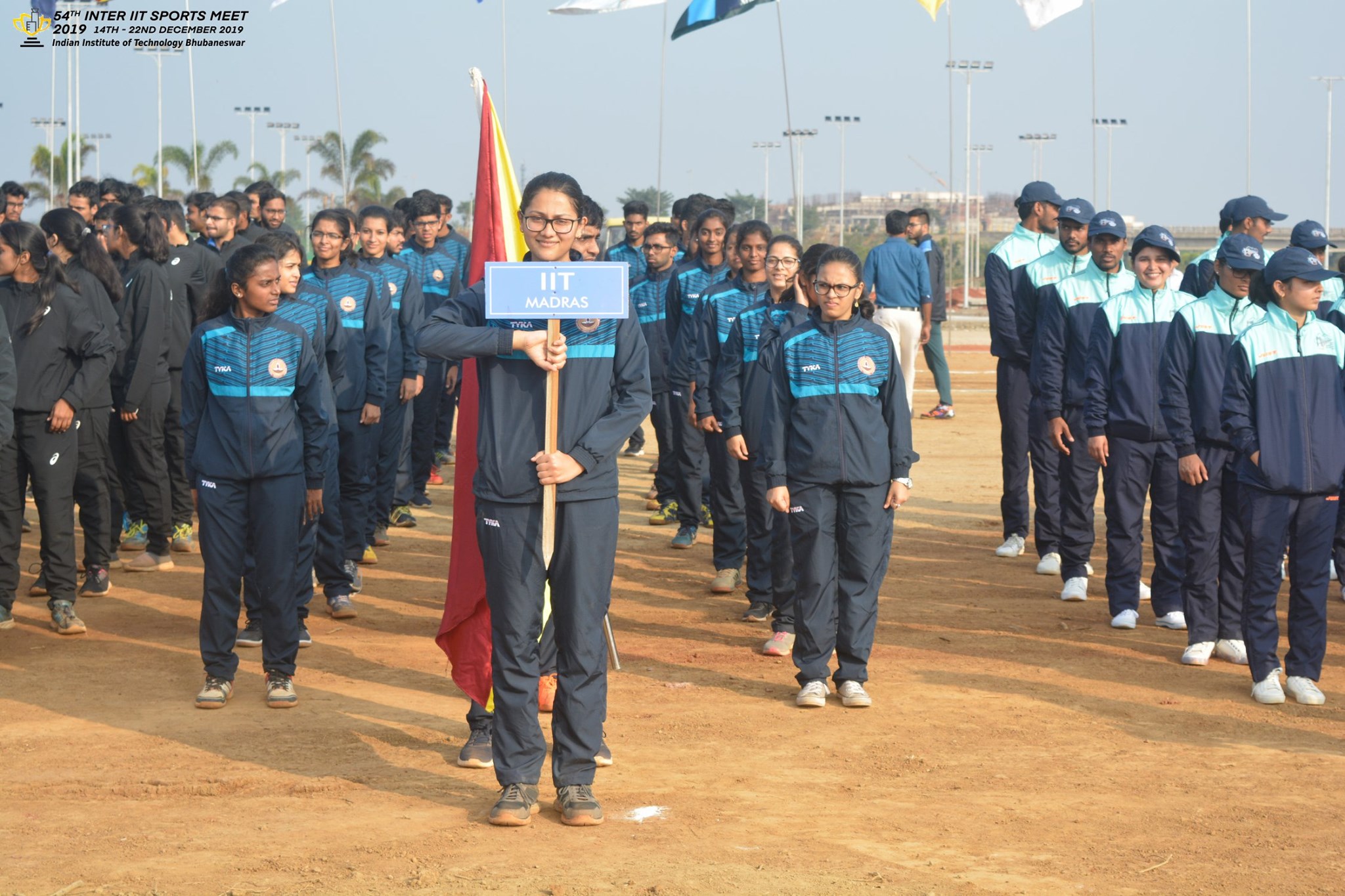Editor: Mahima M. Raut
Design by Hardhik Pinjala
As we sit under safe roofs, relishing juicy mangoes in the hot summer, enjoying an occasional game of terrace-volleyball, binging movies with our loved ones, thriving on our privileges, some in the other corner of the world are waiting to head back home.
These are times when some have realized, “Ghar Ka Khana” is ostensibly priceless.
Semester exchange is a student program that exposes you to a myriad of cultures and social hordes, broadening your frame of mind, all the while still studying! How cool is that? Students travel to universities in several countries, varying from Germany to South Korea, having fun learning their cultures, traditions, lifestyles, and festivities meeting new people all along. The coronavirus pandemic has led assorted universities to abruptly shut down in recent months, forcing many students to return home, leaving their social lives and opportunities on the campus. These abrupt closures have left many international exchange students stranded in different parts of the world, away from their homes. In this article, we will talk about the experiences of semester exchange students from our campus and how they handle the COVID-19 situation there.

Let’s head to the University of Twente, Netherlands, where we have Aditya Raskar, a third-year Engineering Design undergraduate. Aditya was looking forward to trips across Europe, multi-day cycling expeditions, and much more, but all his plans came crashing down due to the pandemic. The University had shut down, along with all the non-essential places like restaurants and bars, but the grocery shops remained open and stocked up. Naturally, there was a lot of fear amidst this pandemic, however, people often went out basking in the warm sun, catching a whiff of fresh air, running, or cycling while maintaining social distancing, which is why Aditya didn’t feel threatened over there.
His only concern was limited availability of hospital beds and the fact that the citizens of Netherlands would be prioritized over him if it ever comes to getting treatment of some kind.
Kavan, another fourth-year undergraduate, is also under the COVID-19 lockdown in “The Land of a Thousand Lakes” or so it was named, which is rather an understatement owing to the fact that 187,888 lakes sprawl the panorama of countryside Finland – last they counted, they had one lake for every 26 people! Kavan is enrolled at Aalto University, which is located in the capital of Finland, Helsinki (yes, we all miss our big teddy from Money Heist) where the pandemic has been quite under control. The curve has flattened out, the numbers have been curtailed from reaching beyond a hundred a day. Though certain restrictions had been established, they’d also been alleviated, starting the 14th of May. When the lockdown announcement was made, Kavan had been a little anxious. He looked forward to the future with a lot of apprehensions. The sudden change in his day-to-day routine was dismaying.
Both Kavan and Aditya had different plans for coming back home. The Government and the University respectively had been very supportive, and that majorly led them to stay back. They hope for the situation in India to rather not worsen. Though there won’t be a significant academic extremity, some sort of financial adversity is something we can all expect.

While some might rejoice for being locked down on the same borders as Cristiano Ronaldo, Aniket entirely isn’t. He doesn’t regret it on the whole, either. He believes that things could have been much better.
Aniket Bhoyar is a fourth-year undergraduate from the Department of Biotechnology, who is now in Portugal for a Semester exchange at Tecnico University, Lisboa. He is currently residing in a hostel with three other Indian students. The COVID-19 pandemic has struck every corner of the world, and Portugal was no lesser a country to spare. Though the neighboring countries like Italy, France, and Spain faced a tremendous hit, surprisingly, Portugal had its numbers under the curve. Though he had wanted to catch a plane back home, the scheduled end-semesters kept him bound.
Classes were taken online, and life was entirely indoors. This drastic switch was hard to adapt to, but eventually, it was something that he had eventually gotten a hold of.
When asked about policy responses, Aniket had a very positive view concerning the Portugal Government. Most of the migrants residing in Portugal hail from South Asia, and thus the Government has provided them with Portugal Citizenship until the end of July. The Indian Embassy, on the other hand, didn’t establish or authenticate communication, though they had sent out regular notices and updates out on several social media handles.
Meanwhile, he was quite disappointed due to the lack of communication from our Insti. Students from Mexico, Italy, and other parts of the world were in constant communication with their schools, weekly surveyed, and updated.
Most of us would have missed home, uncommonly Aniket doesn’t, and it turned out to be quite a surprise for himself.
Nevertheless, the all-pervading tropical humidity and earthiness of our Indian soil is something he reminisces and misses from time to time.
The situation in India has been escalating as well. It also makes them quite worrisome, since their visas are bound to expire in July. They are hoping for a flight back home sent by the Indian Government at the end of July, and if that doesn’t seem to be a possibility, they believe that it will be a tough time both in monetary and academic terms. The hostel residence rent is around 160 euros per month, with very limited rooms as they get allocated on a meritorious basis. The accommodation elsewhere would cost about 300 euros. That is double the rent, and quite a headache.
The Portuguese Government has been very proactive. Their cases evolved to the surface about two weeks later than Italy. They had initiated lockdown and safety measures well in advance with a careful observation from what was happening in Italy. The real difference lies in the people. It comes down to each one of us.
Aniket had it all in one statement; The real changemakers are the citizens. The very little we do has a larger footprint than we expect to have in the bigger picture.
He hopes and wishes for things to return to normal soon.

Question: Where is PewDiePie from?
~ I have no IKEA.
You guessed right. Sweden it is. Moksh is a fourth-year Metallurgical undergraduate who is currently in Stockholm, Sweden, pursuing a semester exchange at the KTH Royal Institute of Technology. Unlike the other countries around the world, the Swedish Government had a different take on the COVID-19 issue. Although the universities and classes have shifted online, schools, bars, restaurants, and other stores kept running as usual. This had caused many to question the government’s decision, given the ratio of the death toll and cases, although they remained quite on a tight rein. There was neither panic nor unrest, and the situation was quite under control in Sweden as well.
The Indian Embassy had been in touch ever since the outbreak of the pandemic. A network had been established via mail and Whatsapp to help all the Indian citizens stranded around the country. The contact with the MEA was through tweets. Mr. Harish, the coordinator for International Relations (I&AR) did reach out to ask about any needs that may arise.
The “IIT-tag” gave a noteworthy status quo, right after a Facebook update by the director of IITB himself, we were rung up by networks of pan-IIT alumni, situated in different parts of the world, offering their help and support.
The government of India has arranged for an evacuation flight on the 6th of June, and Moksh plans to return in the timeframe that he had initially planned out as the semester exchange also ends around the same time. The experience was, for the most part, a good one. They have a story to tell, but the trips and plans will definitely be a memory they’ll never get to share.
Well, some students are away from home but few managed to return home back safely. Avantika Singh, a fourth Humanities student, applied for a semester exchange at Sciences Po, Paris. She returned on the 16th of March and had a horrifying experience at the airport. She was put in quarantine in a ward of 30 people at GST University, Gurgaon from the airport. The facilities there were poor including no sanitation equipment and much worse conditions.
She claimed that they didn’t have enough resources to handle the situation, with no kits to test people if they were infected. After 12 hours in the quarantine, the people in the ward were finally given food. It was chaos, said Avantika, their group had pregnant women, children, and elderly people.
Probably having the most exposure to germs and viruses and also meeting some people, she won’t forget this incident easily and also will have a story to tell her grandkids, says Avantika. After returning home from the airport, she cleansed and sanitized herself and was put back in quarantine, self-isolating for two weeks even from her family. She is grateful for being back home safely.
Another student Shashwat was able to return home safely too. Shashwat, a fourth-year in Biological Sciences, applied for Aalto University in Helsinki. He had quite a good time, having met many international students.
He says that he loved living there as he had more freedom to roam outside and the climate is even better, compared to now, back home. ”Here I live in an army cantonment, so I am confined to my house as we have stricter rules to stay inside!” says Shashwat. But seeing the uncertainty in living there in Finland, he is glad to be back home.
While we all form our telltales and singsongs for a possible future through this devastating epidemic, it is important we surmise that humanity always finds a way. COVID-19 has shown us in every way what the future might as well be. Little did we know that the mask we’d only imagine in demoniac, dark, and dystopian fiction, only a figment of our imagination, would become our daunting, physical reality?
Disclaimer: This article may not be representative of all students and it is not a comment to disparage or ignore the efforts taken by different universities or authorities all over the world.




